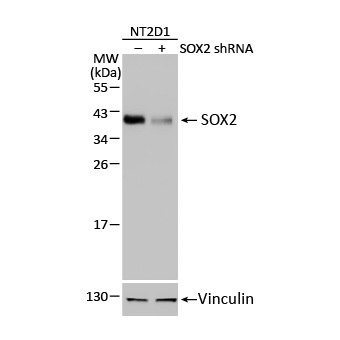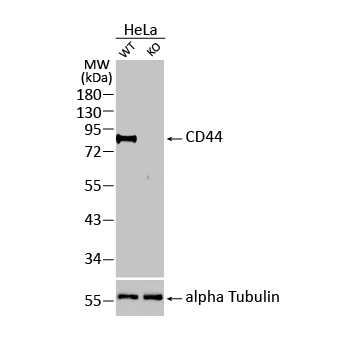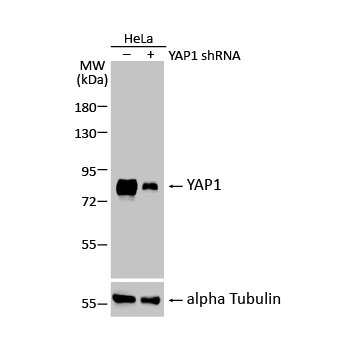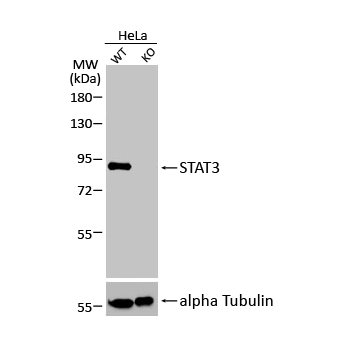Gut Dysbiosis Mechanistically Links Psychological Stress and Cancer Stemness
 |
Psychological stress is increasingly recognized as a critical factor in cancer progression and poor clinical outcomes, yet the molecular mechanisms linking stress to tumor biology remain incompletely defined. Gut microbial dysbiosis is also caused by psychological stress, and emerging data implicate gut microbiota as a key mediator of stress-induced oncogenic reprogramming. However, a molecular mechanism that connects stress to gut dysbiosis and subsequent cancer progression has been elusive.
In a recent study in Signal Transduction and Targeted Therapy, Cui et al. delineate how chronic psychological stress exacerbates breast cancer stemness through gut microbial dysbiosis (1). The authors identified a stress-induced depletion of Akkermansia muciniphila and its associated metabolite butyrate that results in LRP5/β-catenin axis activation and enhancement of cancer stem-like phenotypes. Restoration of A. muciniphila, butyrate supplementation, or a butyrate-producing high-fiber diet mitigated these effects in murine models. Mechanistically, butyrate functions as a histone deacetylase (HDAC) inhibitor that upregulates ZFP36, an AU-rich element-binding protein that accelerates LRP5 mRNA decay and attenuates Wnt/β-catenin signaling. Clinical correlations in breast cancer patients further supported these findings, highlighting the translational potential of microbiota-targeted interventions in stress-associated tumor progression. This study reveals a gut microbiota–driven mechanism linking stress to cancer stemness, offering novel therapeutic and diagnostic opportunities.
A well-cited Nanog antibody (GTX100863) from GeneTex was used for western blot and IHC in this study. GeneTex provides an extensive reagent catalog for cancer stem cell research. Please see several of our new recombinant antibodies below and visit the GeneTex website for more information.
See our flyer listing many of our reagents for cancer stem cell research!
|
Highlighted Products |
|
|
|
|
||||||||||||||||
Reference:
| 1. Signal Transduct Target Ther. 2025 Mar 5;10(1):79. doi: 10.1038/s41392-025-02159-1. |



